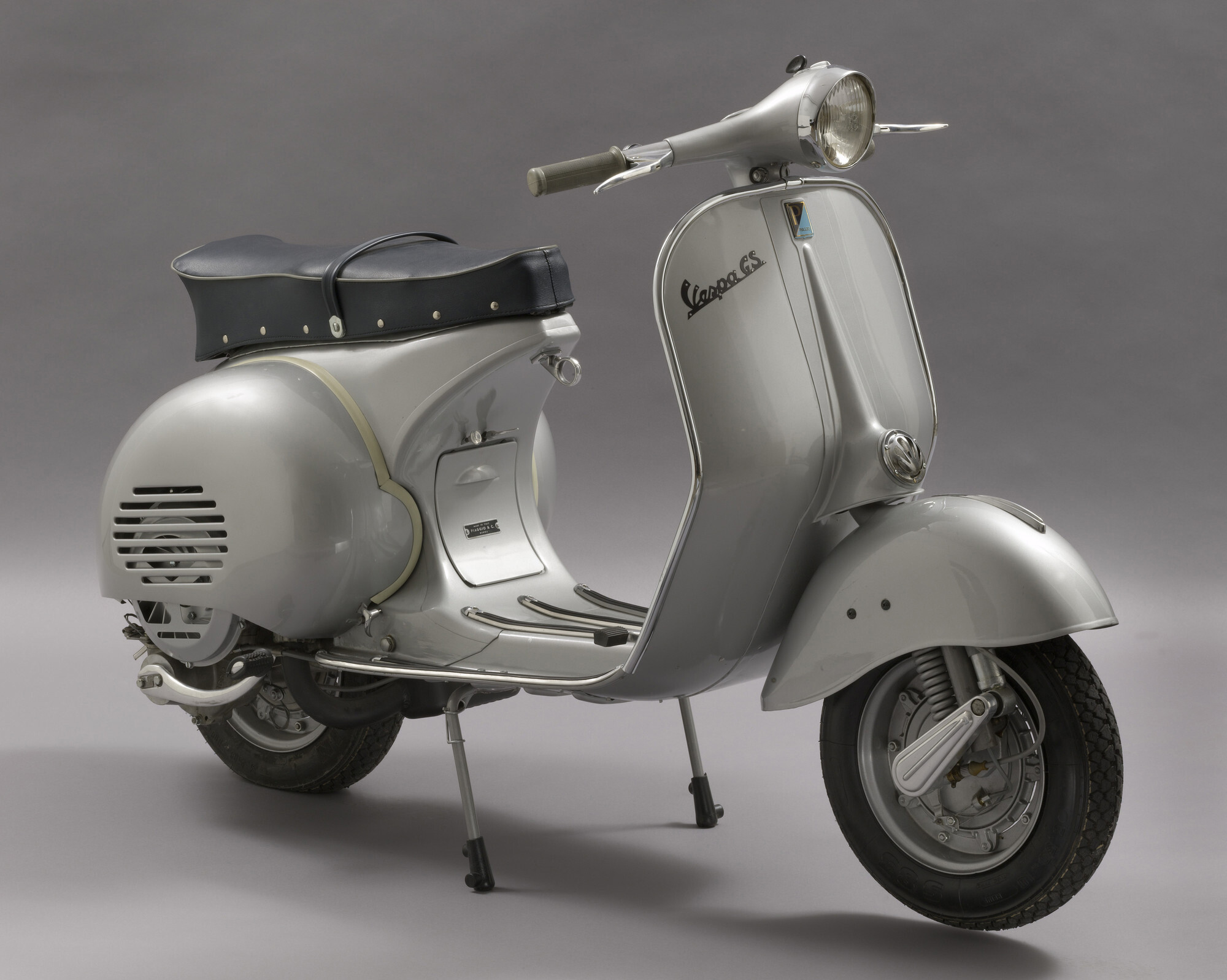The Italian miracle
So quick and so simple that we hear it all the time, sometimes even with opposite meanings. There is the boom of the positive and intoxicating explosion, but there is also the boom of the resounding failure that gives greater force to the crash, which does make a noise, yes, but with less energy: the creaking that warns of the collapse, however devastating, is one thing; the explosive roar is quite another. The power of onomatopoeia, but also the penetration of the English language (it is a term used in many other languages) and the extraordinary narrative invention of the comic strip to describe a noise by writing its sound. Tex Willer would be far less convincing without the bang bangs of his Colts and the zip of the bullets that barely graze him, increasing his aura of invincibility. When he uses dynamite, of course, there is no shortage of booms, and then horses and people go flying and stones and bits of wood shoot in all directions in a cloud of dust that obliterates the villain. For the triumph of justice, of course.
The boom also causes virtues and resources to triumph, in the deflagration of a virtuous circle that is triggered somewhere and then unleashes an aggressive chain reaction. For Italy, throughout history, there is only one boom with controlled and guaranteed designation of origin, and all the others are scale imitations, magnified by journalistic prose and the need create short and catchy headlines.
The most overwhelming boom in Italy pre- and post-unification, the only real one, a cyclone that blew impetuously and drove an entire society to rise from the moral and material rubble of the war that was lost
When the Alps acted as a barrier (but not for long) to the language of the Angles, the very Italian and understandable term “economic miracle” was adopted. The most overwhelming boom in Italy pre- and post-unification, the only real one, a cyclone that blew impetuously and drove an entire society to rise from the moral and material rubble of the war that was lost. Everything had to be rebuilt and on a different basis, from institutions to houses, from factories to the countryside, to finally enter modernity. Italy, backward despite the bluster of fascism, humiliated by war and occupation, believed in and wagered on the future, to be anticipated, however, in the present.
And as cinematic neorealism narrated and described what she was and no longer wanted to be, gaining authority and cultural admiration, she rolled up her sleeves, made a virtue of necessity, transformed the ‘if only I could’s into beauty and utility, style and trends. Corradino d'Ascanio's Vespa entered history through the front door and took its place in the front lounge, such as at the Museum of Modern Art in New York, as an example of genius and inventiveness: unable to afford an automobile, Italians colonized the (still dusty) streets with a scooter that was not a motorcycle and was derived, as a concept, from an airplane.

Millions and millions of them continue to buzz about across five continents. Of that boom, the Vespa is a symbol that would go on to endure anything, including fashions. It launched the explosion of growth and optimism that raged beneficially through the 1950s and 1960s. Record years were accumulated in a triumphant march. The lira, which many people remember as the liretta with lots of zeros, in 1959 and 1964 was awarded the Oscar for most stable currency by the British business newspaper the Financial Times. A double Oscar, as it was named in assonance with the firmament of movie stars, to the lira that “established itself as one of the strongest in the world” the first time and because, the second, “in just a few months, having seemed on the verge of devaluation, it regained considerable vigor (...) due to the most courageous economic behavior.”
There was another boom that colored today and tomorrow either pink or blue. The stork flew over Italy more often than a low-cost airplane and dutifully delivered baby boys and girls: a demographic shot in the arm borne out of optimism and the conviction that ‘we can do it’ and ‘however it goes, it will be a success.’ By way of retaliation, the last babies to arrive at the beginning of the legendary 1960s are now the ones who are having some difficulty retiring. Oh yes, because there is boom and bust, with the cradles emptying after the generation of teenagers of the “drinking” years, the 1980s of Reagan hedonism, the Paninari and their puffer jackets, when everything seemed within reach, living like there was no tomorrow, in a kind of drunken collective awakening and re-emergence from the darkness and nightmare of the Years of Lead: back then it was the guns that really went boom, because in the time of terrorism, the bullets whistled and killed. Today, every welfare calculation is challenged by the no-fly zone for storks, with the boom in single-portion meals at the supermarket for one-person households and the roundabouts of couples of all colors and shades of the rainbow.
When the Internet was approved by the military because it was deemed obsolete, ordinary mortals entering the computerized world trudged along trying to understand the new computer science with domestic toys such as the Vic 20, Commodore 64, and the futuristic Zx Spectrum, all of which needed a tape recorder and cassette tape to load the little programs. The real boom, however, was irrepressible, its explosion more fickle than Ascanio Sobrero's nitroglycerin or than planned with Alfred Nobel's dynamite.
Today floppy disks are industrial archaeology, the astounding Olivetti laptops are prehistory, cell phones are one-twentieth of the weight of early cell phones and the battery life is amazing, and the last thing they are used for is actually making phone calls
Today floppy disks are industrial archaeology, the astounding Olivetti laptops are prehistory, cell phones are one-twentieth of the weight of early cell phones and the battery life is amazing, and the last thing they are used for is actually making phone calls. The boom of the ‘www’ for everything has shaken up every concept of commodities and business, but also of society and culture. The new economy of the 1990s was overwhelmed by virtual stores and e-commerce that brings into your home even—and especially—that which you don’t need. The world redraws itself as if on a magic board that you can update at whim, chasing fast-moving, very fast, even too fast times. The electronics boom puts the latest mirabilia on sale, lying about one thing only: at best they are the penultimate, third-to-last generation, because it is certain that you are buying an already outdated product.

It's a bit like buying a new car while pretending not to know that as soon as you drive out of the dealership, poof!, one-fifth of the value has already evaporated. It doesn't matter whether it's traditional and developed gasoline or diesel, or electric as the new frontier of quiet and environmentally correctness: there is an induced boom, with the East wind blown by the dragon of China, the most booming nation of all and at all levels, from numbers to technology. As happened with Japan half a century ago, at the time derided for wanting to copy everything but then proving it could do it better than anyone else. TikTok is a widespread and unstoppable giant with global penetration, like a mutant virus that develops from adolescence onwards, which has crushed even the memory of the Japanese Tamagotchi chicken, a virtual smash hit of social care, which was already being passed from families to carers. It is the boom of social media in your pocket and social relationships on the shelf.
The revolutionary Facebook that relentlessly puts life out in the virtual plaza is looked upon by millennials as the legacy of the matusa: for them, it is TikTok that creates fashions and it is Instagram that articulates language and information without borders and without filters, pending the miracles of artificial intelligence that will also take away the boredom of having to think and articulate the thought. The boom in fake news meanwhile levitates on the bust of newspapers; in the global village of Big Brother, you preferably peek through the keyhole, and the news serves to gather the likes that make the fortunes of new entrepreneurial categories, of which influencers (female and male) are the tip of the iceberg of an enigma shrouded in the mystery of the Ether. TV—which since 1954 has educated and de-educated in different and madly varying doses, going from big knickers to thigh-flashing dancers and nudity—has no appeal to teenagers or even to those who refuse to grow up believing in eternal youth by applying the recipe of not measuring up to reality, because they choose to shrug it off and find themselves in the perfect world once called virtual and now known as the metaverse: the minimum, whilst the self-portrait has been buried under an avalanche of selfies.
Sometimes the structural booms are just those of little firecrackers whose echoes are magnified, wishing they were triggers of something bigger and more thunderous
Sometimes the structural booms are just those of little firecrackers whose echoes are magnified, wishing they were triggers of something bigger and more thunderous. The economic miracle of the 1960s did not open the gates of Arcadia, nor did it pave the way for a new era of optimism after the end of the Cold War and the fall of the Berlin Wall. Peace and Love? Not so much: peace to be invoked and love that has found its surrogates on the milky screen of a tablet or smartphone. Flowers in the cannons so we don’t hear the boom, but also so that we don’t see it or catch a glimpse of it.
Once upon a time, people toasted in celebration of a permanent position; now they either invoke it as a desperate anchor of salvation or scorn it as a prison of professional individuality. And so we raise a toast to the record number of temporary contracts—the most since 1977—which boosts nominal employment after the bust of citizens’ income and incentives for everything. A 30-year period of less-than-happy degrowth, with the euro that was supposed to give us a monthly stipend and gave us a few more headaches every month and competition (and competitiveness) of alternating current in Europe and the global market. From pressure to depression.
A nostalgic wave goodbye to Flaiano and Fellini’s Dolce Vita, a manifesto of the Italy that conquered the world with its know-how and expressiveness; only Gregory Peck and Audrey Hepburn on a Vespa remains of the Roman holidays. The Vespa again, always different and always the same, which has accompanied us through the ups and downs of the roller coaster of historical ebbs and flows, constantly changing its skin but not its jaunty soul to race with a roar towards the new boom that—if it is not there yet—will be soon. Sooner or later.
Read
13 giugno 2024
13 giugno 2024